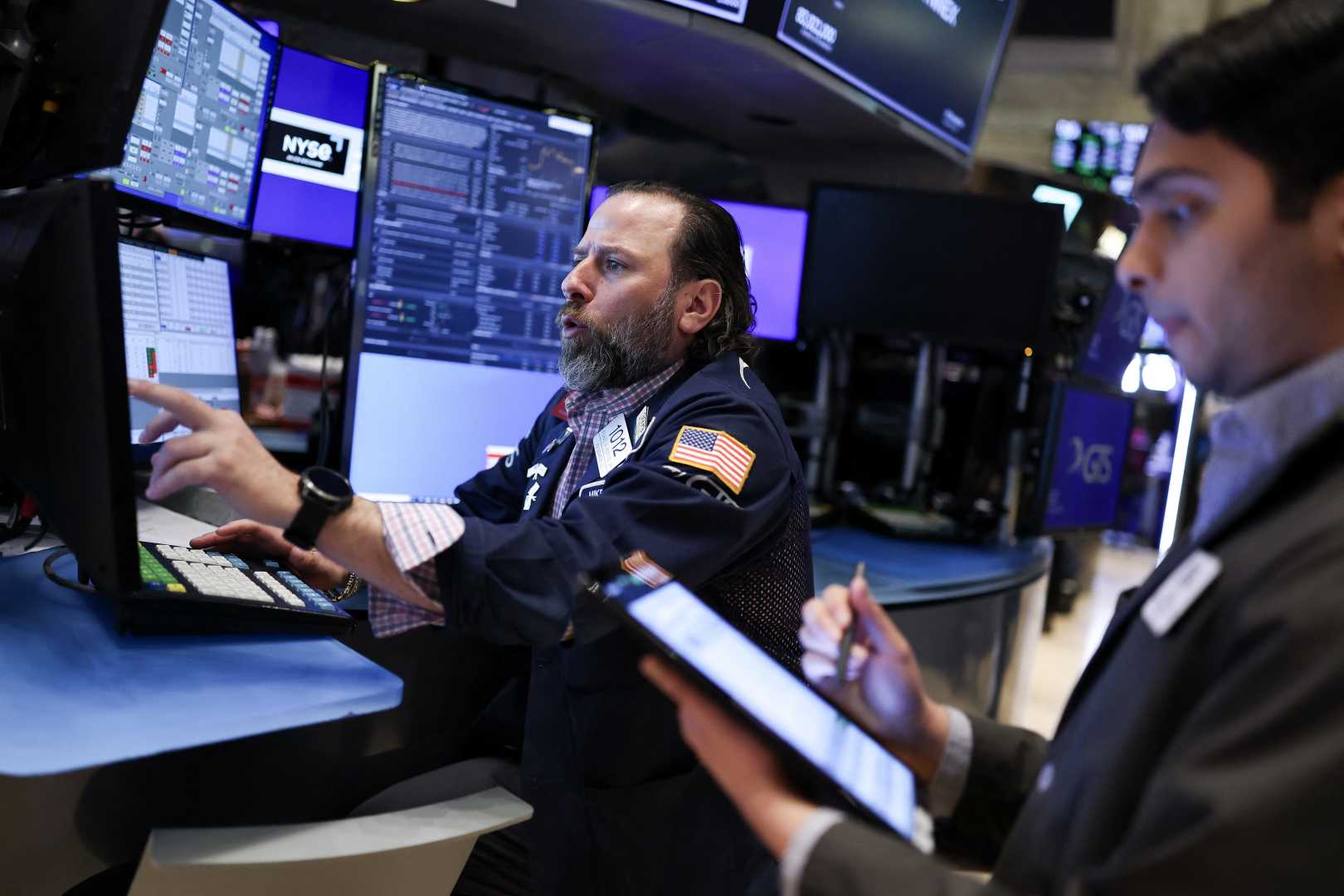Business
Market Volatility Intensifies Amid Tariff Uncertainty

NEW YORK — Stock futures rose on Friday as traders evaluated the latest developments on tariffs, trying to wrap up a week marked by significant market fluctuations. The major futures indexes, including the Dow Jones Industrial Average, gained 106 points or 0.3%, while the S&P 500 and Nasdaq-100 futures also climbed 0.3% each.
Tariff policy remains a key concern for investors, particularly after President Donald Trump reduced specific country duties to a universal rate of 10%, excluding China, where goods will face a staggering rate of 145%. A White House official confirmed the developments to CNBC, fueling apprehension in the markets.
In retaliation, China increased levies on U.S. products from 84% to 125%. “Even if the U.S. continues to impose higher tariffs, it will no longer make economic sense and will become a joke in the history of the world economy,” a Chinese official stated, according to a CNBC translation.
Following China’s announcement, stock futures initially dropped but rebounded after the European Union announced its trade representative would travel to Washington on Sunday to negotiate potential deals.
The week has been turbulent for Wall Street, coming off a losing session on Thursday when the Dow fell 1,014.79 points, or 2.5%, marking a notable decline. This drop erased gains from a prior surge on Wednesday, following Trump’s announcement of a temporary 90-day reprieve on some tariffs.
Jed Ellerbroek, a portfolio manager at Argent Capital Management, expressed concern about the ongoing tariff changes. “This set of policies will leave the U.S. with higher inflation, lower economic growth, and a frustrated stock market,” he said.
Despite the recent turmoil, major indices are poised for solid weekly gains. The S&P 500 is on track for a 3.8% increase, marking its best weekly performance since November, while the Nasdaq could gain 5.1%, and the Dow may rise by 3.3%.
However, the markets are still sharply lower from April 2, when Trump first announced reciprocal tariffs. The S&P 500 has decreased by 7.1% since that announcement.
On Friday, the dollar index weakened by 1%, showing a projected weekly decline of 3%. The dollar fell around 1.2% against the yen, trading at 142.83, while the euro gained 1.2% against the dollar, rising to 1.13. Safe-haven currencies, such as the Swiss franc, also appreciated significantly.
U.S. Treasury yields experienced fluctuations, with the 10-year yield climbing to 4.456% during Asian hours amid renewed selling pressure following Trump’s tariff policies.
Evercore ISI strategist Krishna Guha noted, “Today’s trading reflects renewed volatility as markets react to both tariffs and broader economic indicators.” He stated that the market is searching for a decisive policy shift regarding tariffs.
In light of the tariff uncertainty, Bill Ackman, a prominent investor and supporter of Trump, voiced his concerns over the administration’s approach to tariffs, urging a pause for negotiations. “Business is a confidence game. The president is losing the confidence of business leaders around the globe,” Ackman posted on X.
Additionally, Goldman Sachs lowered its economic growth forecasts and raised the recession risk to 45% due to the impact of Trump’s tariffs. The firm emphasizes that if tariffs are fully enacted as planned, the likelihood of a recession could exceed 50%.
The implications of the current tariff situation extend beyond U.S. borders and threaten economic relationships across the globe. As this week unfolds, stakeholders will closely monitor developments that could sway market stability and economic prospects.












